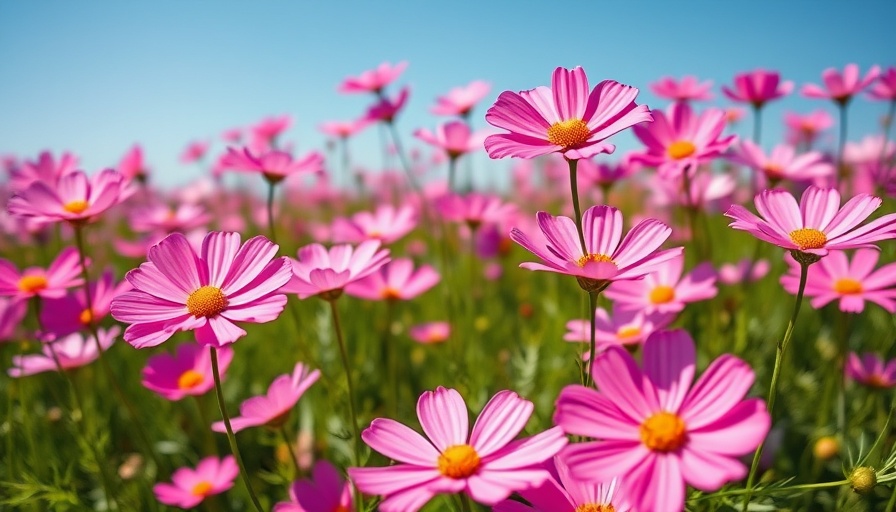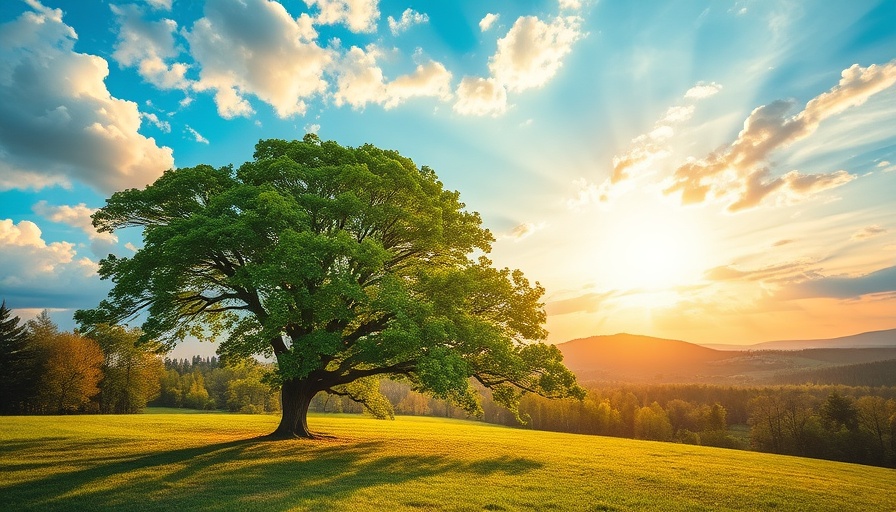
The Essential Role of Flowers in Environmental Health
Flowers are not just beautiful additions to our gardens; they play a crucial role in fostering a vibrant ecosystem. Amidst the colorful petals and delightful fragrances lies a deeper purpose. By promoting biodiversity, providing food sources and stabilizing environments, flowers contribute significantly to environmental health.
1. Biodiversity Boosters
By introducing a variety of flowering plants, gardeners create habitats that attract different species of pollinators, birds, and beneficial insects. Native flowers, in particular, cater to local wildlife, ensuring food security and aiding in the survival of rare species. For instance, planting local wildflowers has been shown to boost both the population of pollinators and the overall biodiversity in urban environments.
2. Soil Health Guardians
Flowers contribute to soil health in multiple ways. Their roots stabilize the soil and prevent erosion, while their leaves provide organic matter as they decompose. This organic material nourishes the soil microorganisms and helps retain moisture, making it easier for other plants to thrive. Additionally, flowers like clover add nitrogen to the soil, reducing the need for synthetic fertilizers.
3. Natural Pest Control
Flowering plants like marigolds and nasturtiums act as natural pest repellents. Their scents deter harmful insects, while attracting predatory insects that feed on pests. By incorporating these flowers into your garden, you can create a natural balance, reducing the need for chemical pesticides and fostering a healthier environment.
4. Air Quality Improvement
Many flowers function as excellent air filters, absorbing pollutants and releasing oxygen. Plants like chrysanthemums and gerbera daisies are particularly effective in this regard. By increasing the number of flowers in your surroundings, you're not just beautifying your space but also enhancing the air quality for everyone.
5. Supporting Climate Regulation
Simply put, flowers play a role in climate regulation. Plants absorb carbon dioxide—a significant greenhouse gas—and release oxygen through photosynthesis. By planting more flowers, you contribute to the reduction of your carbon footprint, promoting a healthier planet.
6. Contributions to Sustainable Living
Integrating flowers into your gardening practices is a deliberate step towards sustainable living. Opting for native species reduces the need for chemical fertilizers or excessive watering, aligning with eco-friendly principles. Moreover, practices like composting floral waste can further enhance your eco-friendly gardening efforts while reducing household waste.
7. Connection to Nature and Mental Well-being
Gardening with flowers fosters a stronger connection to nature, which is vital for mental well-being. Spending time in green spaces has shown to reduce stress, anxiety, and promote overall happiness. Encouraging others to plant flowers in their gardens also nurtures community spirit, as people gather to share tips and blooms.
8. Community and Pollinator Awareness
Raising awareness about the importance of flowers extends beyond individual gardens. Local communities can benefit from initiatives that promote planting flowers. Community gardens and educational workshops not only beautify neighborhoods but also cultivate an understanding of the vital role that flowers play in sustaining the environment.
9. The Future of Gardening: Embracing Eco-Friendly Practices
As we face climate change and environmental challenges, the future of gardening lies in embracing sustainable practices. By advocating for flowers as natural solutions in our homes and communities, we can combat environmental degradation while enhancing our quality of life. Small changes, like choosing native flowers, can lead to significant impacts in the fight for environmental sustainability.
In conclusion, the benefits of flowers stretch far beyond their aesthetic appeal—they are vital players in ecological health and societal wellness. By incorporating flowers into our lives, we contribute to a sustainable future. So next time you're at your local nursery, consider the environmental impact of your floral choices and remember their power to protect and heal our planet.
 Add Row
Add Row  Add
Add 




 Add Row
Add Row  Add
Add 

Write A Comment